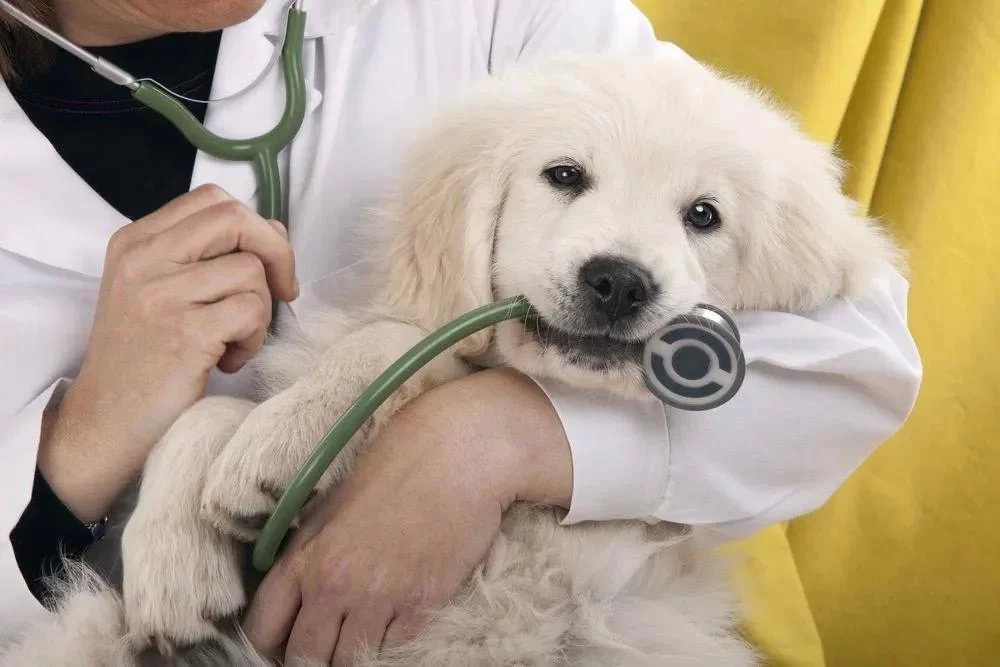How to Prepare Your Pet for Their First Vet Checkup – A Comprehensive Guide
- 1. Why Your Pet's First Vet Checkup is Important
- 2. Preparing a Puppy or Kitten for Their First Vet Visit
- 3. What to Expect During Your Pet's First Vet Checkup
- 4. Tips for a Smooth and Stress-Free First Vet Visit
- 5. When to Seek Help for Vet-Visit Anxiety
1. Why Your Pet's First Vet Checkup is Important
Whether you've recently adopted a puppy or kitten or you've brought home a new adult pet, the first vet checkup is a crucial step in ensuring their long-term health and well-being. A thorough checkup helps detect any potential health issues early, establishes a vaccination schedule, and sets the foundation for future vet visits.
The Importance of Early Health Monitoring
During their first checkup, your veterinarian will examine your pet’s overall health, assess their weight, check for parasites, and ensure they are up-to-date on necessary vaccinations. For puppies and kittens, the first visit is essential for socialization and for getting them used to the vet's office environment.
2. Preparing a Puppy or Kitten for Their First Vet Visit
Preparing your pet for their first vet appointment is key to making the experience as stress-free as possible. Puppies and kittens are naturally curious but can also be nervous, especially in unfamiliar environments.
Socialization is Key
Socializing your puppy or kitten before their first vet visit will make them more comfortable around new people, pets, and situations. Take them on short car rides and visit pet-friendly locations to get them used to traveling and interacting with different environments.
Crate Training
Getting your pet accustomed to a crate or carrier will make transport to the vet’s office easier. Practice having them enter and stay in the crate for short periods at home before the big day. This way, they won't associate the crate with stress.
3. What to Expect During Your Pet's First Vet Checkup
Your pet’s first vet appointment will likely be a comprehensive physical exam. The vet will check their eyes, ears, mouth, skin, and coat for signs of health issues. Here’s what typically happens during a first vet visit:
Physical Exam
The vet will start with a physical exam, checking your pet’s heart, lungs, and overall physical condition. For puppies and kittens, this is the perfect time to ensure they are developing normally and to discuss any specific breed-related health concerns.
Vaccinations
Vaccines play an essential role in your pet’s protection against various diseases. For young pets, the vet will discuss a vaccination schedule to ensure that your puppy or kitten gets all the shots they need to grow into a healthy adult. For adult pets, vaccines and boosters will also be reviewed.
Parasite Prevention
Most pets are exposed to parasites such as fleas, ticks, and worms. The vet will likely recommend parasite prevention treatments during the first visit, especially if you live in an area where these pests are common.
4. Tips for a Smooth and Stress-Free First Vet Visit
To make your pet’s first vet visit a positive experience, there are several strategies you can follow:
1. Bring Familiar Items
Bringing along your pet's favorite blanket or toy can offer comfort during the visit. Familiar smells and objects can help reduce stress and make them feel more at ease.
2. Stay Calm and Positive
Pets can pick up on their owner’s emotions, so staying calm and positive during the visit will help reassure your pet. If you’re anxious, your pet might become anxious too. Speak in a calm and soothing voice to provide comfort.
3. Reward Your Pet
After the visit, reward your pet with a treat, extra playtime, or cuddles to create a positive association with the vet's office. This will help them feel more relaxed about future visits.
4. Ask Questions
Don’t hesitate to ask the veterinarian any questions you may have about your pet’s health, vaccinations, diet, and general care. Your vet is there to help you provide the best care for your pet.
5. When to Seek Help for Vet-Visit Anxiety
Some pets experience significant anxiety about visiting the vet, which can be stressful for both the pet and their owner. If your pet becomes overly frightened or aggressive during vet visits, it may be a sign of deeper anxiety issues that require professional attention.
Behavioral Training for Vet Anxiety
In some cases, a professional animal behaviorist can help address anxiety issues. Through desensitization and positive reinforcement, a behaviorist can help your pet become more comfortable with the vet’s office and reduce anxiety over time.
Medication for Severe Anxiety
If your pet’s anxiety is severe, your veterinarian may recommend medication to help calm them before visits. This is particularly useful for pets with a history of traumatic experiences that may have caused vet-related fear.
Preparing your pet for their first vet checkup is a vital step in ensuring a lifetime of good health. With the right preparation and mindset, your pet’s first vet visit can be a positive experience. For more tips on how to care for your pet or to schedule their first checkup, visit Hidden Brook Veterinary. Click here to learn more about our comprehensive services and to schedule an appointment with our expert team.












